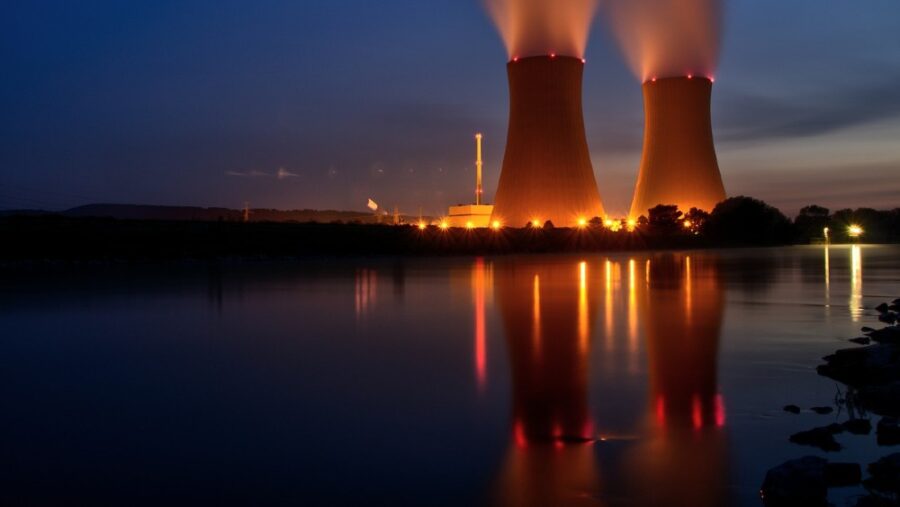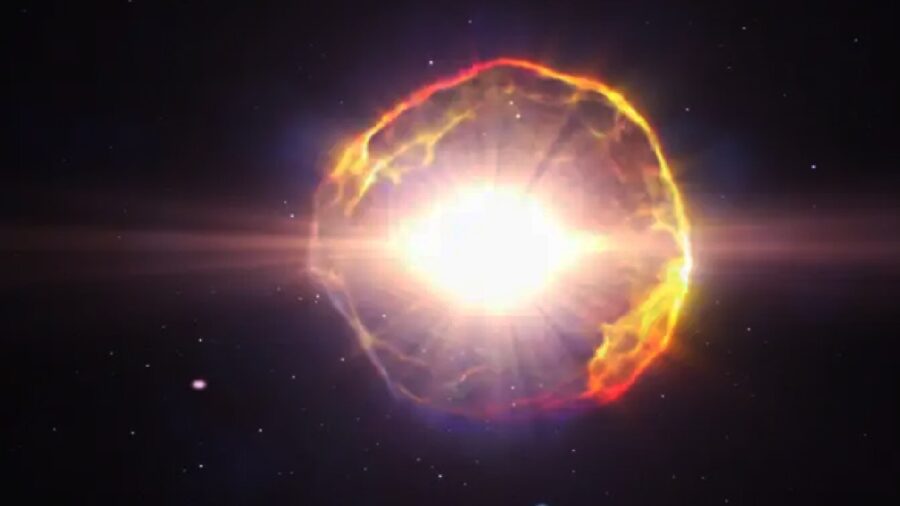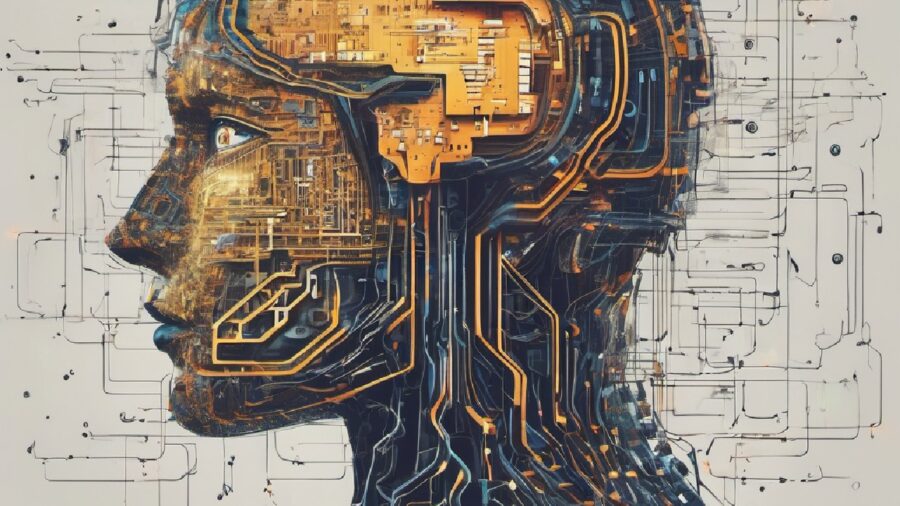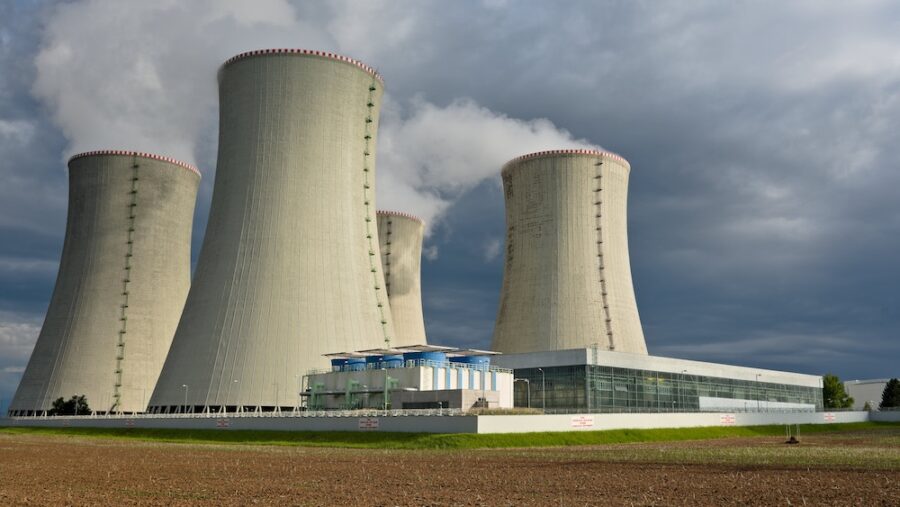AI Needs Nuclear Fusion In Order To Survive Energy Demands?

There’s a viral clip on the internet of a team of news reporters in the ’90s who didn’t know what the at sign (@) meant. It’s a clip that was filmed within most of our lifetimes, which just goes to show how quickly technology has changed the world. As technology progresses, it’s increasingly evident that it’s exacting a significant environmental toll, particularly due to the swift expansion of AI, but there’s a solution if we can figure it out in time: nuclear fusion.
OpenAI Pushing For Nuclear Fusion

AI is known for its high energy consumption, and as companies strive to enhance its capabilities, its demand for electricity continues to grow. This poses a significant challenge for an industry that promotes itself as a force for environmental preservation, as it contributes to a substantial carbon footprint. However, Sam Altman, the leader of OpenAI, the organization behind ChatGPT, believes we can combat the downsides of AI growth with nuclear fusion.
Controlled Fusion Is Still Impossible

According to Altman, AI needs nuclear fusion to survive energy demands. Nuclear fusion is a process in which two or more atomic nuclei join together to form a heavier nucleus, releasing a tremendous amount of energy in the process. This reaction is the same process that powers the sun and other stars in the universe.
Combatting AI demands with nuclear fusion is an attractive potential source of clean and abundant energy. However, achieving controlled nuclear fusion on Earth remains a significant scientific and engineering challenge. Experts are cautioning against hasty optimism, emphasizing the pressing need for immediate solutions.
The Demands Of AI

While the allure of nuclear fusion is undeniable, the technology remains largely theoretical, likely decades away from practical implementation. Meanwhile, AI continues to wreak havoc upon our environment while scientists try to figure out nuclear fusion to combat carbon emissions. Alex de Vries, a data scientist at Vrije Universiteit Amsterdam, criticizes the industry’s penchant for wishful thinking, urging a focus on existing low-carbon technologies rather than banking on uncertain future breakthroughs.
Sustainable Energy

Aneeqa Khan, a research fellow studying how to combat the downsides of AI with nuclear fusion at the University of Manchester, warns that while fusion holds promise, it’s unlikely to address immediate climate concerns. Instead, she advocates for leveraging current solutions such as nuclear fission and renewables in the short term.
Efforts to enhance AI efficiency offer some respite, with companies like Google and Microsoft investing in research and development to optimize energy usage. However, historical precedent suggests that efficiency gains may fuel increased demand rather than curb overall consumption, as observed in cryptocurrency mining. Nevertheless, the potential breakthrough of AI nuclear fusion could fundamentally alter this dynamic, offering a sustainable energy solution for future AI applications.
A Nuclear Future

Amidst the challenges of unlocking AI nuclear fusion in time, AI companies tout the technology’s potential to address climate issues directly, citing applications in weather prediction, pollution monitoring, and conservation efforts. However, critics caution against viewing AI as a cure-all, emphasizing the need for holistic approaches to sustainability.
In essence, while AI nuclear fusion holds promise as a long-term solution, immediate action is imperative to address AI’s growing energy demands. As the industry grapples with its environmental footprint, a nuanced approach that combines innovation with accountability is essential to forge a sustainable future. Only through concerted efforts and collaboration can the promise of AI be realized without compromising the health of our planet.












